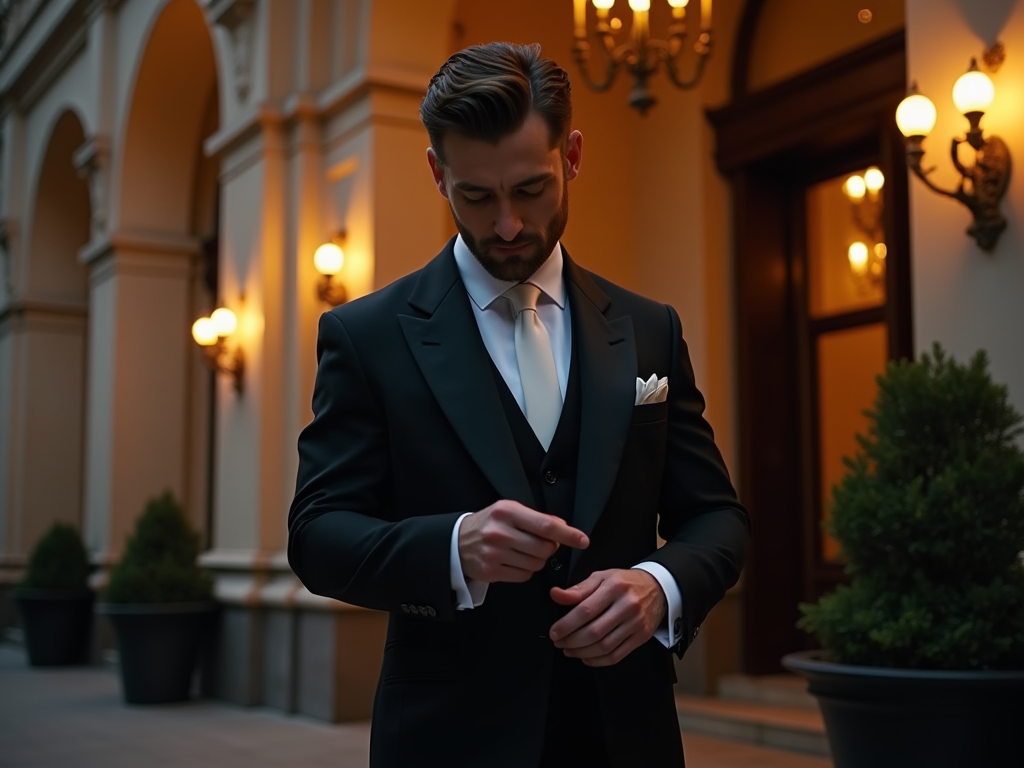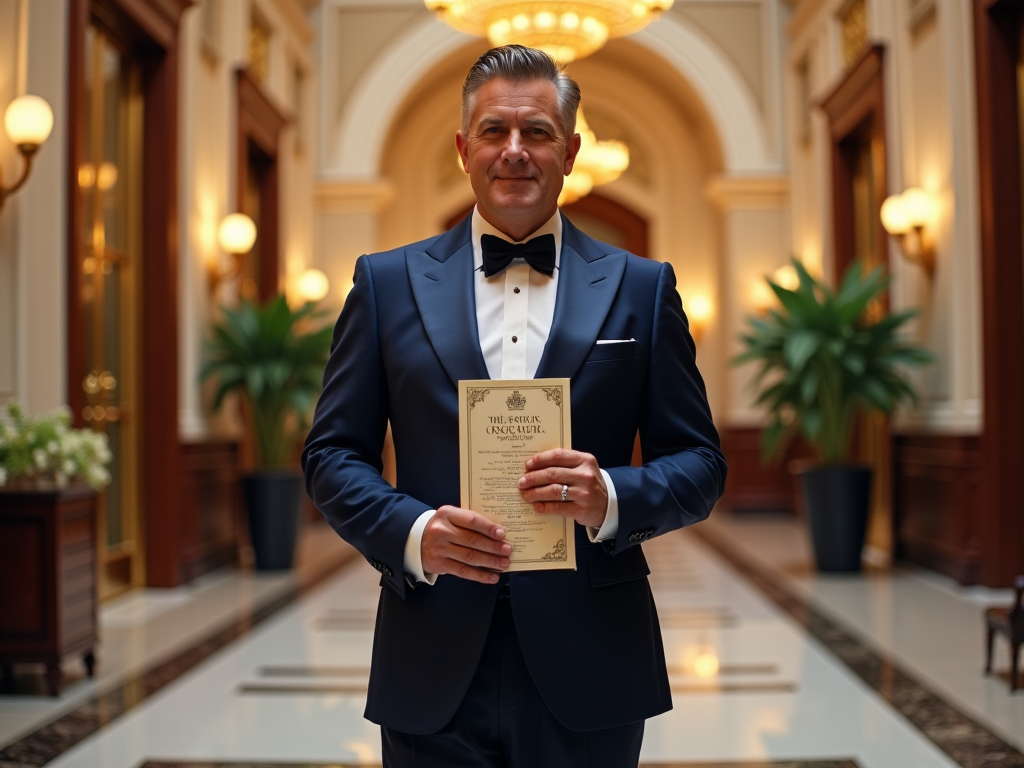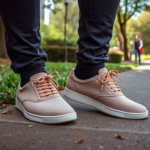How to Dress for the Opera: A Gentleman’s Guide

The opera is a world of music, drama, and visually striking performances. But beyond the stage, there’s an atmosphere of elegance that permeates the entire experience. So, how should a gentleman dress for the opera? In essence, it requires a blend of style, sophistication, and a nod to timeless tradition. This article will guide you through the essentials of dressing aptly for an evening at the opera, ensuring you make a lasting impression in this refined setting.
The Importance of Tradition

When attending the opera, it’s essential to recognize and respect the tradition and history associated with the event. Operatic performances often date back to the 17th century, making them a cornerstone of classical arts. Such a prestigious environment demands a dress code that mirrors the grandeur of the productions themselves. Embracing traditional attire not only honors the art form but also enriches your overall experience. Consider it a way to pay homage to the aesthetic charms and longstanding customs that make the opera an extraordinary cultural affair.
The cornerstone of a gentleman’s opera outfit is the suit. Ideally, your suit should be dark in color, with black or navy being the most appropriate choices. These colors convey a sense of formality and sophistication, aligning perfectly with the evening’s elegant atmosphere. Selecting a tailored suit is crucial as it enhances your silhouette and displays attention to detail, a vital element of sartorial success. The fabric should be of high quality, such as wool or a wool blend, ensuring comfort and a refined appearance throughout the performance.
Shirts and Ties

When it comes to selecting a shirt, opt for a crisp white option. A white shirt not only provides a clean backdrop to your ensemble but also signifies a classic and timeless choice that complements any suit. For ties, a silk tie with subtle patterns or a solid color can add a touch of sophistication. Avoid overly bright or flashy designs, as they can detract from the elegance of your outfit. Your tie should enhance your look without overpowering it, serving as an understated yet stylish accessory.
Accessories Matter
While the suit remains the centerpiece, the right accessories can elevate your opera attire to new heights. Cufflinks, pocket squares, and a high-quality watch can all add to your ensemble’s sophistication. A black leather belt and matching shoes are essential, as consistency in color and material conveys a well-thought-out look. Consider the following accessories checklist:
- Cufflinks: Opt for something classic and not too flashy.
- Pocket Square: A white or subtly patterned pocket square adds a classic touch.
- Watch: Choose a sleek, minimal design that complements your suit.
- Footwear: Polished black leather shoes are a must.
Each of these elements, while minor in isolation, collectively contributes to a polished appearance that aligns with the opera’s grandeur.
The Final Touches
Consider grooming an essential part of your preparation. A fresh haircut and a clean shave or neatly trimmed beard exhibit attention to detail. Keep fragrances subtle; an overpowering scent can be distracting in close quarters. Lastly, think about the outerwear—an elegant overcoat can keep you warm while maintaining your sophisticated look. If attending with a partner, coordinating outfits can add an additional layer of class to your appearance at this formal event.
Conclusion
Dressing for the opera as a gentleman is an opportunity to immerse yourself in an environment of culture, elegance, and tradition. By selecting the right attire and paying attention to essential details, you enhance not just your aesthetic appeal but also your enjoyment of the evening. Understanding the importance of tradition, choosing the right suit, and giving equal importance to accessories and grooming ensure that you embody the sophistication that the opera demands.
Frequently Asked Questions
1. Can I wear a tuxedo to the opera?
Yes, a tuxedo is a great choice for the opera, especially for more formal events like premieres. However, a well-tailored dark suit is also acceptable.
2. Is it necessary to wear a tie?
Wearing a tie is highly recommended as it enhances the formal nature of your attire, fitting the elegant setting of the opera.
3. Can I wear brown shoes?
Black leather shoes are the preferred choice for opera attire. They offer a level of formality that aligns with the occasion.
4. Are there any specific colors to avoid?
Bright colors or overly casual patterns should be avoided as they can be distracting and out of place in the formal opera environment.
5. Is grooming that important for the opera?
Absolutely. Proper grooming reflects your respect for the event and adds to your polished appearance, boosting your confidence throughout the evening.




